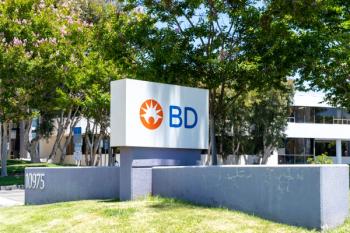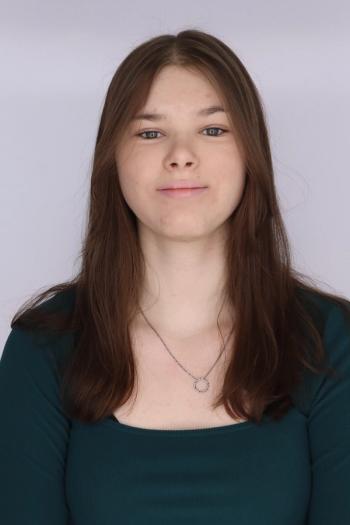
Pittcon 2009- Day 2
LCGC's coverage of Pittcon 2009, day two, from Chicago.
March 10 — Chicago, Illinois — When John Hinshaw recommended Session 800, "LC-MS and GC-MS Analysis in Complex Matrices," a glance at the lineup told me this would be a "scientist's" session; one filled with hard science from university laboratories and private facilities around the world. Add to this the pertinent nature of the material - the difficult "dirty" samples encountered so often such as blood, oil, and food and beverages - and this session was clearly a winner.
March 10 — Chicago, Illinois — Well-known LCGC Columnists John Dolan and John Hinshaw provide their list of recommended sessions.
John Dolan's Recommendations:
John Hinshaw's Recommendations:
March 10 — Chicago, Illinois — The staff of LCGC handed out two awards on Monday afternoon during a press conference on the second day of Pittcon 2009 in Chicago.
March 10 — Chicago, Illinois — This Monday morning session was arranged by Michael E. Swartz, of Synomics Pharmaceutical Services (Wareham, Massachusetts). Unfortunately, Swartz was unable to preside over the session or deliver a presentation as planned due to a cancelled flight to Chicago. Ken Fountain of Waters Corporation (Milford, Massachusetts) filled in ably for Swartz in presiding over the session.
March 10 — Chicago, Illinois — There is always a lot of buzz about environmental issues, ways to test for toxins, and other safety measures at Pittcon. With that in mind, Monday morning’s Session 410 "Environmental Analysis with GC and GC-MS,"was both informative and refreshing.
March 10 — Chicago, Illinois — Arranged and presided over by Imre Molnar of the Molnar-Institute for Applied Chromatography, Monday afternoon’s “The Future of HPLC-Method Development: Quality by Design — Evaluating the Control Space of Robust HPLC Methods” focused on the role of method robustness and quality by design in maintaining the high quality of pharmaceutical and chemical products that are distributed worldwide.
LCGC is pleased to present CHROMacademy – a program of interactive learning topics from EARL – the electronic analytical reference library (Crawford Scientific UK).
Test your knowledge and skills in
Pittcon 2009 Resources
Exposition
Technical Program
Short Courses
You are subscribed to %%list.name%% as %%emailaddr%%. To unsubscribe from this list
To ensure delivery to your Inbox, please add %%email.list%% to your address book. If you need help doing this,
Advanstar Communications provides certain customer contact data (such as customers' names, addresses, phone numbers and e-mail addresses) to third parties who wish to promote relevant products, services and other opportunities which may be of interest to you. If you do not want Advanstar Communications to make your contact information available to third parties for marketing purposes, simply call (toll free) 1-866-529-2922 at any time, or fax us at 1-218-740-6417. Outside the U.S., please phone 1-218-740-6395. Contact us by mail at Advanstar Communications Inc., 131 West First St., Duluth, MN 55802-2065, USA.
Newsletter
Join the global community of analytical scientists who trust LCGC for insights on the latest techniques, trends, and expert solutions in chromatography.




